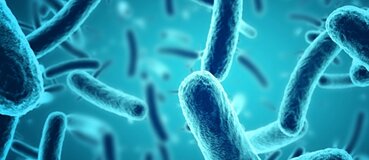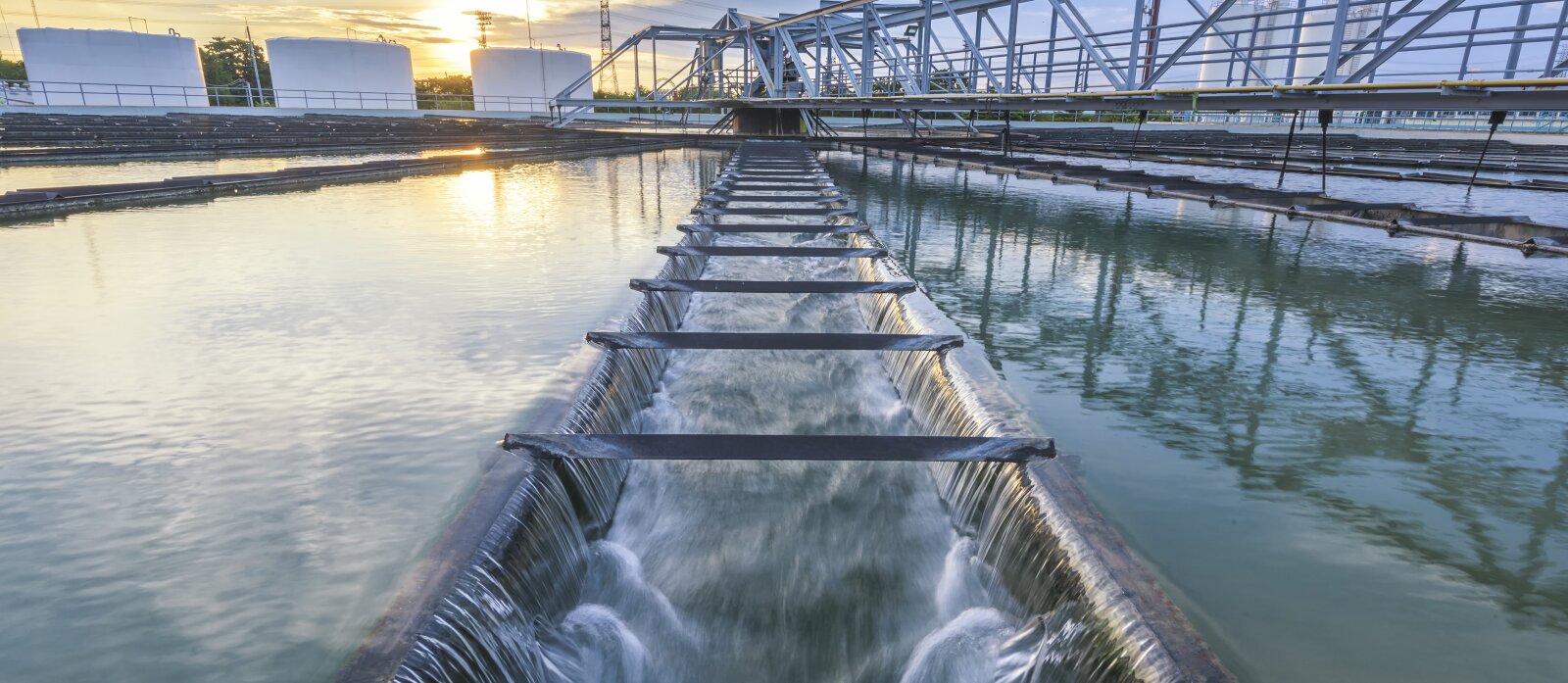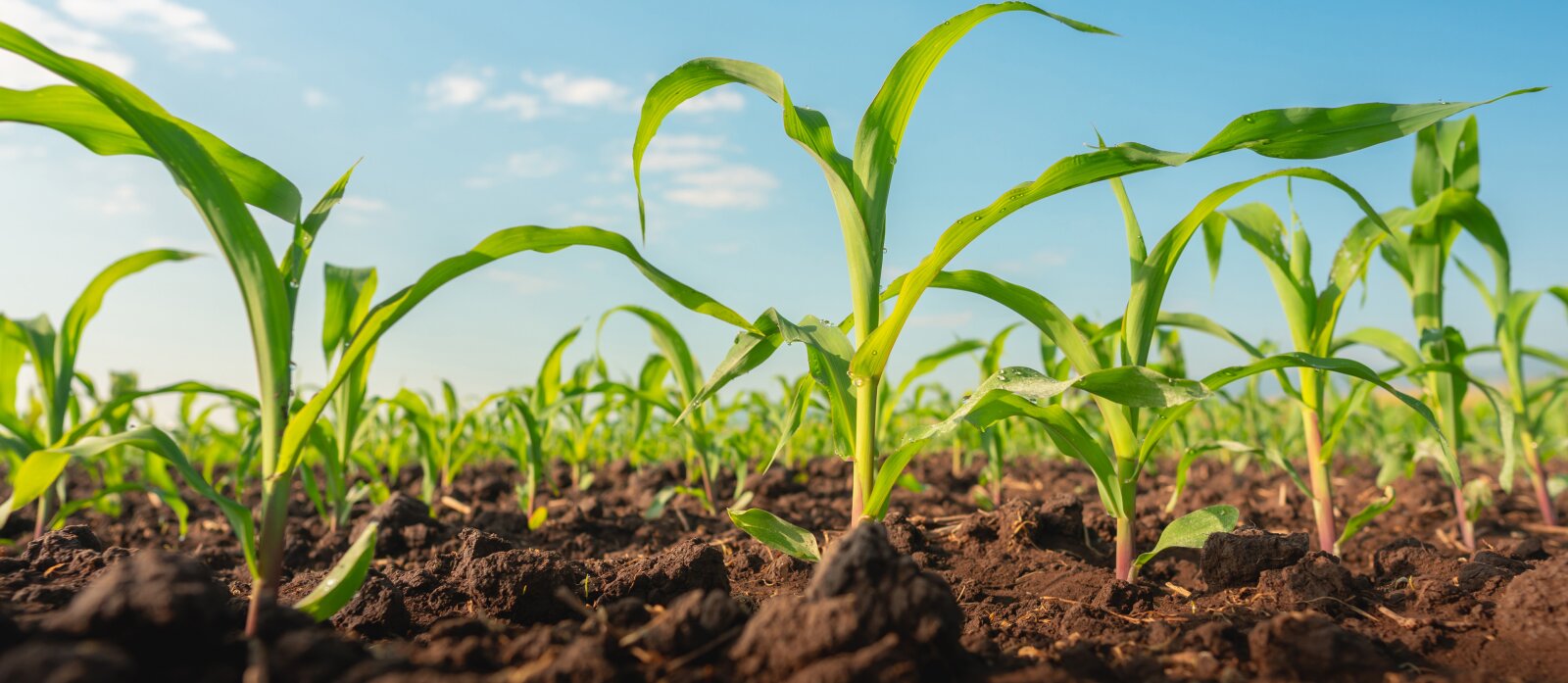Meet the teams
MST consolidates expertise in microbiology, biotechnology, and data science to better understand microbial activity and microbial ecology. Six teams collaborate across the Departments of Biology, Bio-engineering, and Computer Science at the Faculty of Sciences.
We have complementary expertise in molecular biology, phenotypic characterization, process technology, and bioinformatics. Systems biology, omics technologies, and next-generation sequencing play a central role to better understand microbes and their environment. By joining forces, new and exciting developments can be quickly integrated into research & development, thus catalyzing novel microbial products and processes.





